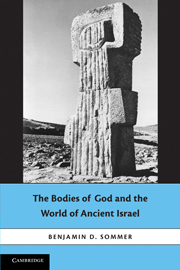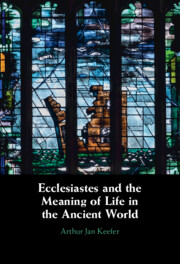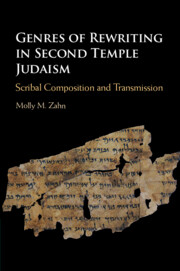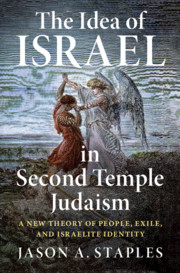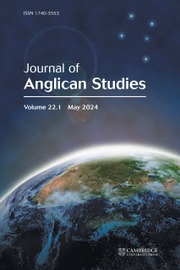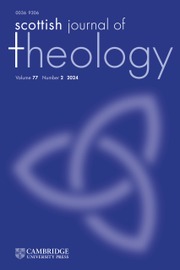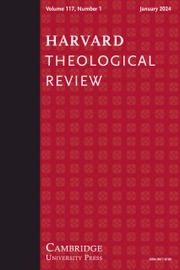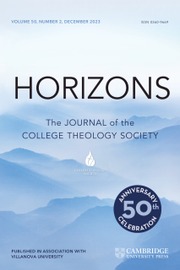The Bodies of God and the World of Ancient Israel
Sommer utilizes a lost ancient Near Eastern perception of divinity according to which a god has more than one body and fluid, unbounded selves. Though the dominant strains of biblical religion rejected it, a monotheistic version of this theological intuition is found in some biblical texts. Later Jewish and Christian thinkers inherited this ancient way of thinking; ideas such as the sefirot in Kabbalah and the trinity in Christianity represent a late version of this theology. This book forces us to rethink the distinction between monotheism and polytheism, as this notion of divine fluidity is found in both polytheistic cultures (Babylonia, Assyria, Canaan) and monotheistic ones (biblical religion, Jewish mysticism, Christianity), whereas it is absent in some polytheistic cultures (classical Greece). The Bodies of God and the World of Ancient Israel has important repercussions not only for biblical scholarship and comparative religion but for Jewish-Christian dialogue.
- A significant contribution to the study of ancient religions
- Has potentially radical implications for Jewish and Christian theology and for the relationship between them
- Has important repercussions for biblical scholarship
Reviews & endorsements
“An innovative and illuminating exploration of the idea that God in the Hebrew Bible is embodied. Benjamin Sommer explores the various modes of embodiment found in different sources and shows that both rabbinic and mystical Judaism, as well as Christianity, have roots in the variety of presentations in the Hebrew Bible. A characteristically lucid and original book.” – John Barton, Oriel College, University of Oxford
“Sommer’s audacious and original analyses of fascinating aspects of biblical theology, the fluidity and the embodiment of God against their Near Eastern backgrounds, open new questions and facilitate new solutions as to the later developments of Jewish thought, especially the sources of Kabbalistic theosophy.” – Moshe Idel, Department of Jewish Thought, Hebrew University
“This very original work raises profound questions about how to understand the way in which the Biblical God (and the gods of the ancient Near East) makes his person manifest in the world. Readers will be stimulated to think about the identity of God in strikingly new ways.” – Gary Anderson, University of Notre Dame
"Sommer explores such topics as monotheism versus polytheism, sacred space, the concept and manufacture of divine images, and the priestly and Deuteronomic views of the divine name and glory in fresh ways, pointing out their profound interconnections and persuasively challenging in the process long-held scholarly views. Throughout his discussion, he remains the consummate analyst, discerning and discriminating in his reading of the ancient sources and the modern scholarship on them. And yet his book is not only that of an analyst. In its lively, incisive, and conversational style, it is also a deeply personal encounter with fundamental and troubling issues about the relationship of divinity and humanity – issues, as he makes clear, that have not lost their relevance and their bite." – Peter Machinist, Hancock Professor of Hebrew and Other Oriental Languages, Harvard University
“I found [Sommer’s] perspectives quite revealing in terms of Pauline Christology as well as for notions of ‘Incarnationalism’ in Judaism. I would very much recommend taking a look at his material. It contributes significantly in my view to the rethinking of the early Christian-Jewish relationship that has taken such interesting and significant turns in the last decade.’ – The Rev. John T. Pawlikowski, Catholic Theological Union in Chicago; President, International Council of Christians and Jews
"This book is a lucid, elegant and erudite presentation of a series of complex topics. Sommer has made an important contribution to the field of biblical theology. It is my sense that this will be a much-discussed book for many years to come." --Mennonite School of Theology, Curitiba, Paraná, Brazil
"The book is a stunning foray into ancient Israelite religious traditions that produces new insights and raises critically important questions. ... it will be hard to read biblical texts in the same way after having encountered Sommer's analysis. His identification of the fluidity traditions--and even the term he has coined to describe them--will likely influence much future scholarship on Israelite religion and the Hebrew Bible for years, if not decades, to come." --H-Judiac, (May 2011)
Product details
January 2011Paperback
9781107422261
352 pages
229 × 152 × 19 mm
0.52kg
Available
Table of Contents
- 1. Introduction: God's body and the Bible's interpreters
- 2. Fluidity of divine embodiment and selfhood: Mesopotamia and Canaan
- 3. The fluidity model in ancient Israel
- 4. The rejection of the fluidity model in ancient Israel
- 5. God's bodies and sacred space (1): tent, ark, and temple
- 6. God's bodies and sacred space (2): difficult beginnings
- 7. The perception of divinity in Biblical tradition: implications and afterlife.

